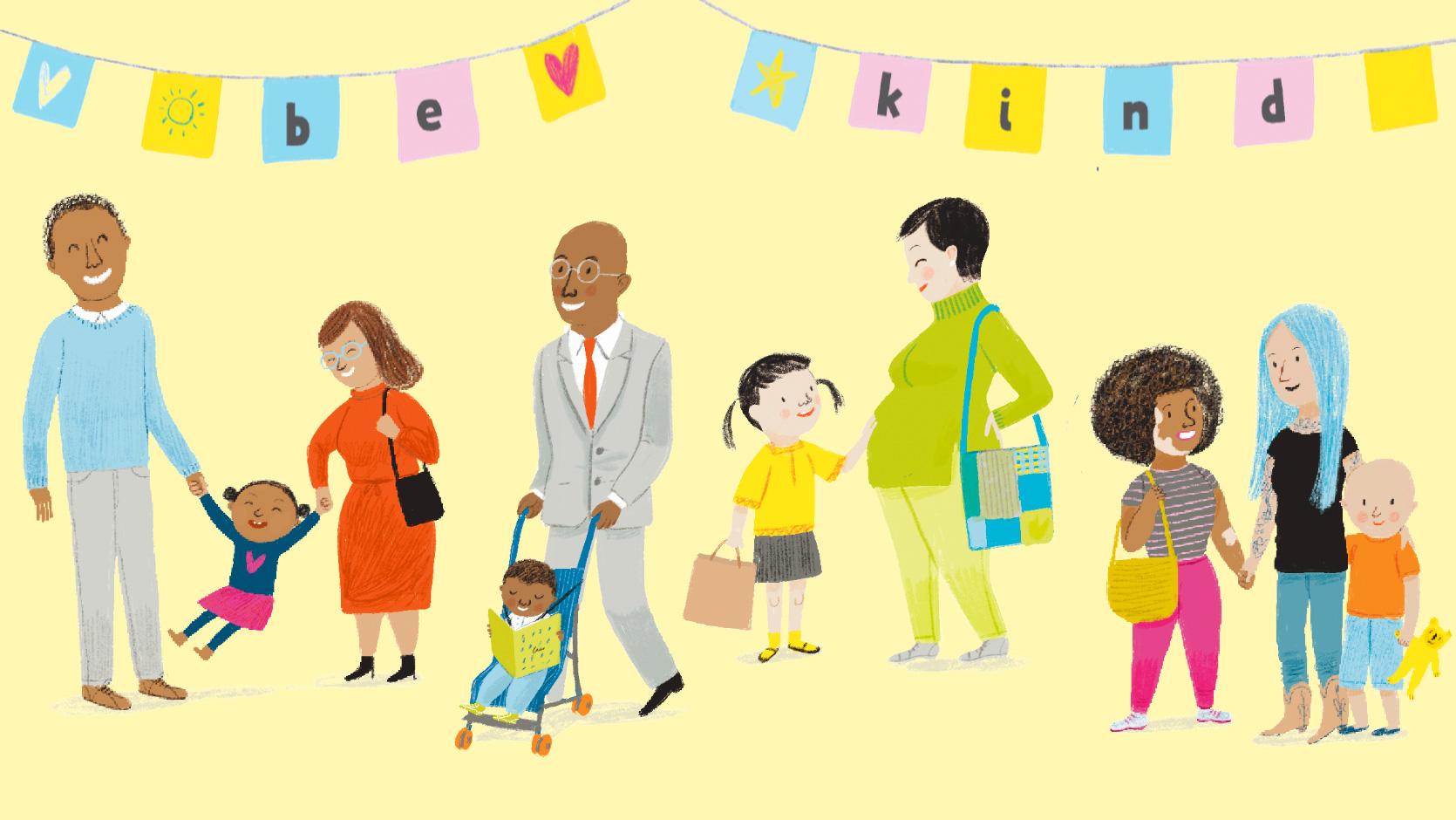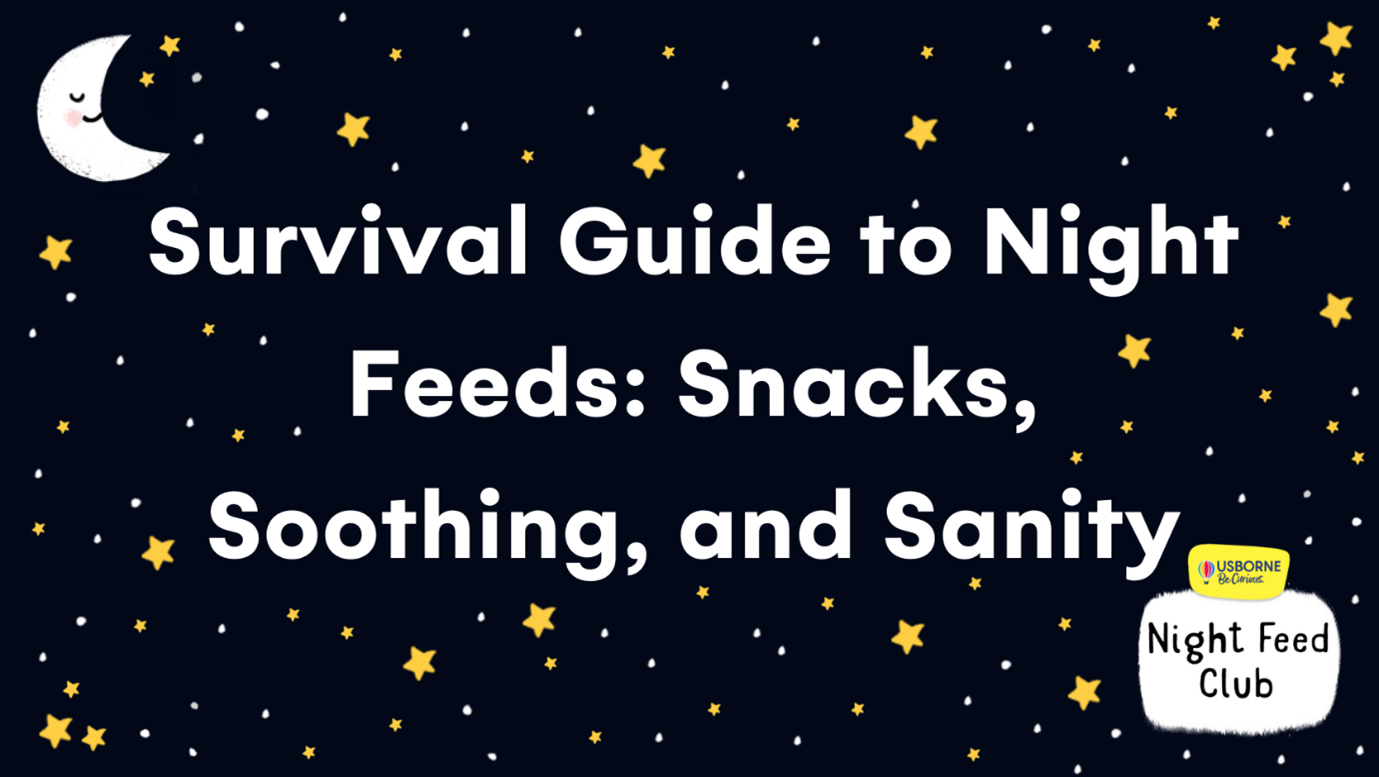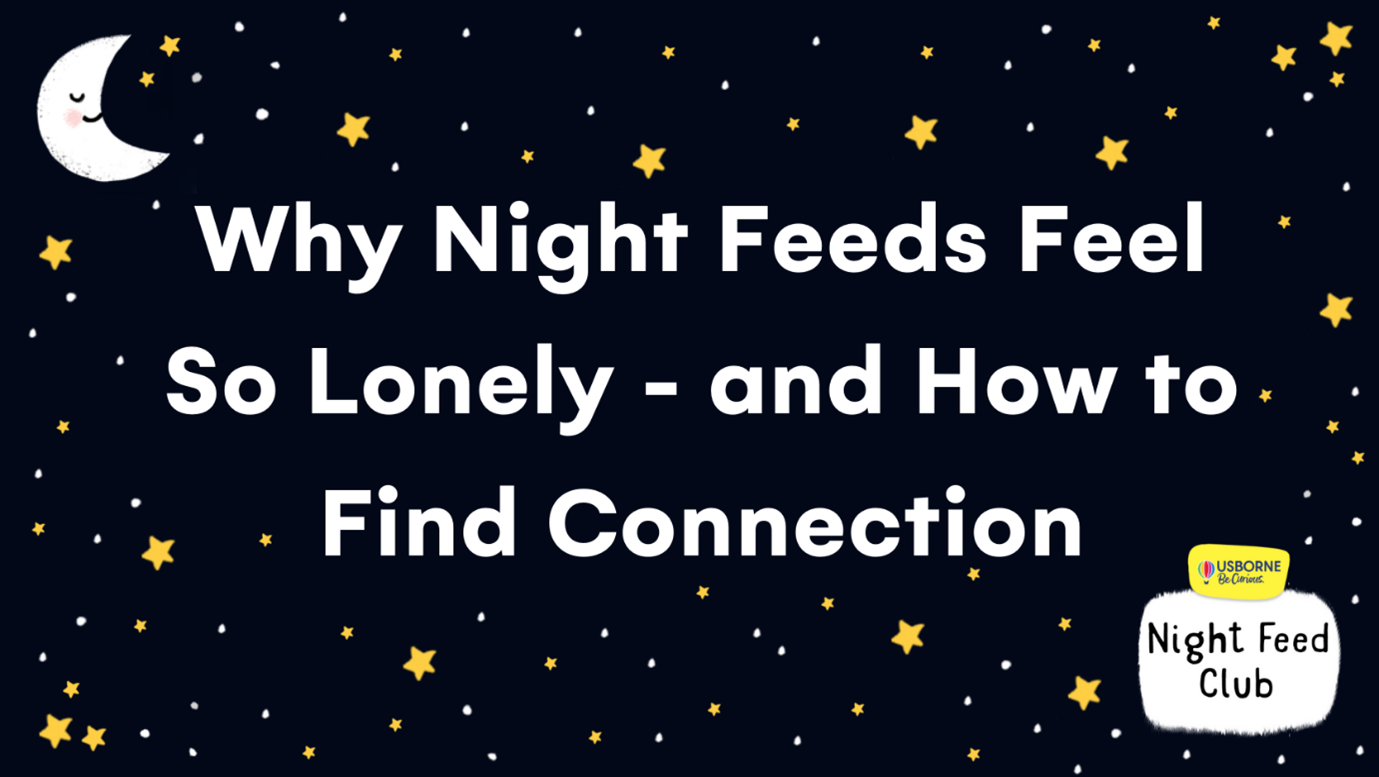- Tips and expert advice
How to help your child learn to appreciate and celebrate diversity

Usborne All About Diversity author Felicity Brooks (proudly tall, silver-haired single parent who is scared of slugs, but likes orangutans, foraging, and playing volleyball) describes some of the ways you can help your child develop the important skill of learning to appreciate and celebrate difference.
Talk about diversity and answer questions
We know that babies as young as six months old can recognize differences in the faces of their carers, and that by the time they’re two, children begin to notice skin colour and gender differences. So it’s natural to be curious and notice differences and it’s good to talk about them. Chat about diversity with your child from a young age – explain how everyone is different and that’s a positive thing; it’s good to have some things in common with your friends, but also to respect differences.
If children ask tricky questions, try to answer them as openly and accurately as you can using language that you know your child can understand. You can then build on this knowledge as they get older. If your child does say something discriminatory, don’t overreact, but don’t ignore it either. The key is to respond in a non-judgemental way using phrases such as: ‘Let’s talk about that for a minute . . .’ or ’What do you think made you say that?’
Be a good role model
Your child’s most important role model is you, and if you want your children to grow up to be kind and empathetic, you can’t show tolerance for ageism, sexism, homophobia, racism, and so on yourself. If someone makes a rude or inappropriate comment, your child needs to see you speak up to counteract prejudice and stereotyping when it occurs. Using someone’s skin colour, religion, gender, culture, appearance, nationality, sexuality, age, language or family background as an insult or as part of a ‘joke’ can have a profound effect. Allowing or joining in with ‘jokes’ or ’banter’ at someone’s expense creates a society where that behaviour is seen as acceptable and may pave the way for ridicule, name calling, bullying, exclusion and even more serious forms of discrimination.
Be careful with words
It isn’t that hard to change the words we use, especially when we know certain words and phrases can be extremely harmful to individuals and also shape society’s perception of certain groups. People should not be defined by their differences or disabilities, so, for example, talk about someone being ‘on the autism spectrum’ rather than being ‘autistic’; ‘people who have disabilities’ not ‘the disabled’, and remember that a child who has parents with different skin colours, or parents with the same skin colour but different nationalities, is of ‘mixed heritage’. Children learn words from friends and the people around them, so if you hear your child using an offensive, derogatory or outdated term, pick up on it quickly and explain that the term is rude or unkind.
Emphasize positives
Encourage children to look for positives in themselves and in others. For example, if your child goes to school with a child who uses a mobility aid, they might point out that ‘Lily can’t walk very well’. This is a chance to ask, ‘What’s Lily good at?’ and find out that Lily is great at chess and drawing. It’s important that your child learns to see what Lily can do rather than what she can’t. You might also use the opportunity to encourage your child to be helpful to others (in a respectful way) with the things that are difficult for them. You could remind your children that when they have difficulties, it makes them feel good when others offer to help.
Encourage empathy and kindness
The ability to imagine how other people are feeling is an important skill for your child to develop. Reading all kinds of books with diverse characters, and talking about what the characters might be feeling, is a very good way to build empathy. You also need to be a good role model here. When you have respectful relationships and interact with others in a kind and caring way, your child learns from your example.
Tackle bullying
It’s a sad fact that children who behave differently or look different in some way from their peers still all too easily become targets for bullying, especially as they get older. When talking to your child about differences, it’s important to address why hurting another person’s feelings on purpose is always wrong. If your child hurts another child’s feelings, teach them to apologize. Ask them how they’d feel if someone said or did something similar to them. Help them to understand that all people have feelings, and all people deserve to be treated with kindness and respect.



